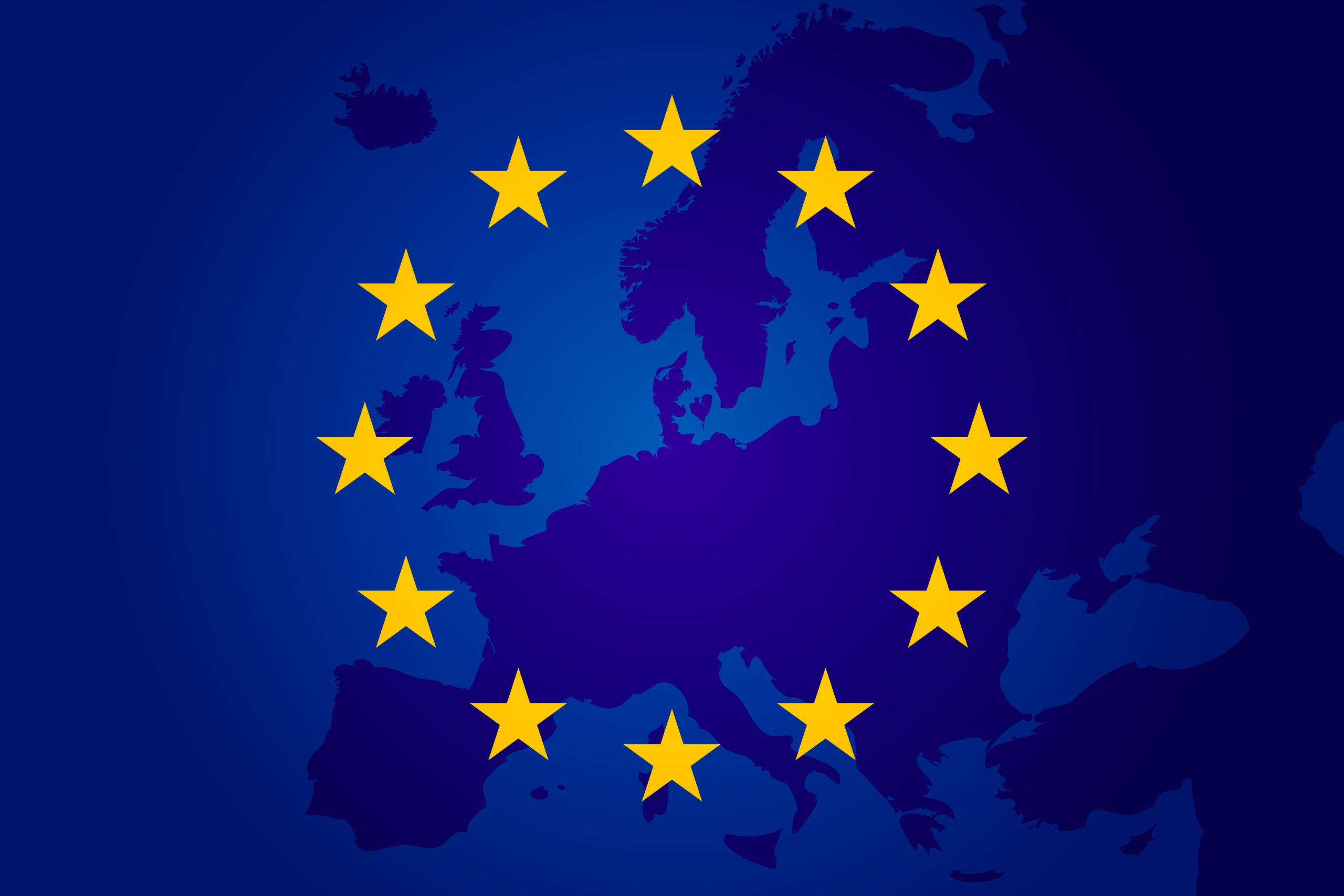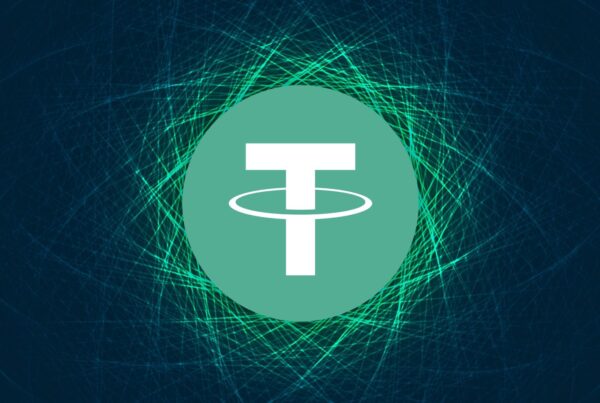- The European Commission sees “minimal” DeFi contributions to the real economy but recognizes its usefulness in the virtual economy
- A pilot project on rules related to the DeFi ecosystem will be launched this year
The European Union is considering DeFi rules for the first time.
A pioneer in the development of data protection legislation through the GDPR (General Data Protection Regulation), the European Commission also aims to be at the forefront of the rules that could shape a decentralized financial world.
In a recent report The EU’s executive arm revealed that it will test an integrated form of DeFi (decentralized finance) supervision, which is now mostly unregulated, through a pilot.
“Adapt the regulatory framework for financial services in the EU to a [decentralized] the environment will require a rethink,” the report states. A pilot project on “integrated supervision” will be launched this year to “benefit from the data transparency inherent in public blockchains.”
The result is a high-tech solution where supervisors “automatically monitor compliance with the regulatory framework by reading transaction data from the blockchain.” That way, there is no need for market participants to “actively collect, verify and deliver data to supervisory authorities” as is the case in the financial system now.
Although European regulators see innovation as an opportunity, executives also acknowledge “many risks” in DeFi, including “conduct and operational” dangers.
“Conduct risks arise in the absence of any regulation and are amplified by the near-anonymous nature of DeFi, while operational risks occur in light of the vital role software plays,” the report says.
There is also the question of future financial stability implications arising from the rapid growth of the DeFi ecosystem “in light of the prominent role played by stablecoins.”
Meanwhile, US Treasury Secretary Janet Yellen just issued another warning on stablecoins at a Senate hearing on Tuesday.
However, the European Commission staff also highlights that DeFi “could potentially increase the safety, efficiency, transparency, accessibility, openness, and interoperability of financial services,” compared to TradFi, especially when it comes to cross-border payments.
There is a risk of “reducing innovation” by implementing too heavy a regulatory hand on DeFi, regulators said.
Bureaucrats lean toward “activity-based regulation” rather than “entity-based regulation” and argue that the focus should be on the rules and features of smart contracts.
“In the long term, the ability for regulators to automatically monitor compliance by reading public blockchain data could dramatically reduce the need for market participants to actively collect, verify, and deliver data to enforcement authorities. oversight,” tweeted Patrick Hansen, crypto business advisor at Presight Capital.
9/ Long-term, the capability of regulatory bodies to automatically monitor compliance by reading public blockchain data could drastically reduce the need for market participants to actively collect, verify and deliver data to supervisory authorities.
DeFi is a form of autonomous financial intermediation through a decentralized digital platform using blockchain technology, powered by open source software. Your total value locked still represents a small portion of traditional finance.
CURATED FROM:
The European Union plans a pilot project on DEFI supervision. CryptoSaurus. (2022, May 10). Retrieved May 16, 2022, from https://cryptosaurus.tech/the-european-union-plans-a-pilot-project-on-defi-supervision/






